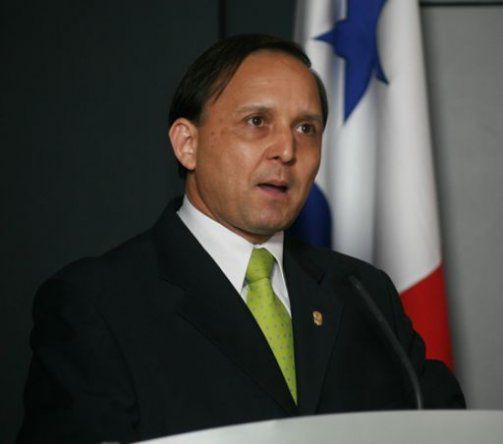RIO DE JANEIRO, BRAZIL – The Electoral Tribunal (TE) of Panama said this Monday (11) that it will continue to defend before the Parliament the changes in matters of electoral financing, gender parity, and the system of distribution of seats, among others, raised in a reform to the electoral law agreed by a commission but which has suffered modifications during its legislative discussion.
Bill 544, which reforms the Electoral Code, drafted at the request of the TE by the National Commission of Electoral Reforms (CNRE), in which all political parties and the civil society are represented.
Read also: Check out our coverage on Panama.
In the first of the three mandatory parliamentary debates, the bill underwent a series of changes which generated the rejection by civil society, which has taken to the streets to protest and demanded that the consensus reached in the national commission be respected, and has accused the deputies of trying to maintain perks at the expense of democracy.

In the face of citizen complaints, a “technical table” was formed in which some changes to the reform project approved by the parliamentarians were reversed. Still, the most controversial ones were left intact.
“The Electoral Tribunal will continue to insist before the National Assembly in the second debate of the electoral reform bill”, said the president of the TE, Heriberto Araúz, in a press conference on Monday.
Although the TE admitted that there were “important advances” in most of the modified articles during the negotiations at the technical table, they did not reach a consensus in the most imoortant points, referring to gender parity, party financing, allocation of seats, and electoral criminal jurisdiction.
The president of the Assembly, Crispiano Adames, pointed out that in the Legislature they have the “firm conviction that the second debate may, without any doubt, try to combine the principles of participation and representation expressed by the citizens (…) so that we may try to reach an agreement in many of the concepts.”
He acknowledged that issues are “difficult, inter-party, complicated and that historically has been endorsed for almost a conquest,” but that “today they must be opened to the citizenry’s demand.”
The distribution of the pre-electoral public financing is one of the most controversial points since the TE proposed eliminating the inequity between parties and candidates by free nomination, increasing the allocation of the latter to 15%, but this was rejected and left at 3.5% as it was already established.
The TE advocated achieving gender parity in the electoral campaigns, one of the articles eliminated without explanation, that caused great controversy, especially among feminist associations.
Magistrate Araúz explained that this project is an “electoral law” and that to carry out the “deep reforms” to the system that “the country demands,” reform to the Constitution is required.
As an example, Araúz detailed that most Latin America and the Caribbean countries contemplate a “second round” in the electoral votes, something that, if applied in Panama, would require a constitutional amendment.

